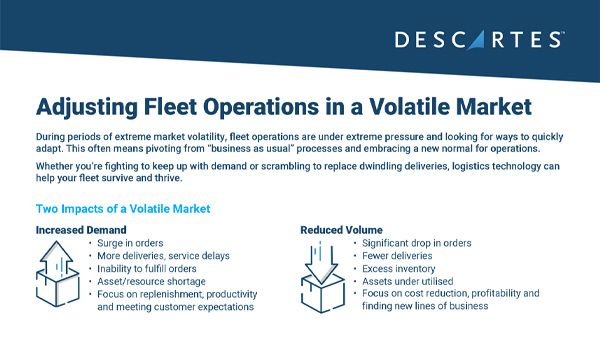Why is there a new van shortage?

In November the number of new vans (LCVs – Light Commercial Vehicles) being sold was just 24,352 (this number includes 3,292 Pickups and 553 4x4’s), some 22% lower than in August 2022.
This is the lowest number of LCV sales for November since 2013, 13.4% below the five-year average and dramatically different compared to last year’s November, which saw the best November van sales in recorded history.
So what has caused the drop in Van sales?
Supply Chain issues in the production of semiconductors due to the Covid-19 outbreak which is affecting the production of cars are also affecting the production of Light Commercial Vehicles.
There can be up to 3,000 semiconductor chips in a single van. These global shortages have restricted global production of commercial vehicles and although demand in the UK is high for new vehicles, availability is low. When demand exceeds supply prices also tend to go up. This has also led to a shortage of second-hand vans as buyers sort nearly new or just any roadworthy van in order to keep their business on the road. This has also resulted in second-hand vans selling for 20% more than their typical second-hand value, while dropsides, tippers and Luton vans have seen the largest increases in value
An increase in eCommerce has also affected the van market over the past year or so, online consumers now expect more goods to be delivered to their homes, and this caused an increase in demand for home delivery vehicles with many self-employed drivers and delivery companies buying more and/or larger vans to cope with the increase in the volume of home deliveries.
Adapt your eCommerce strategy to the most recent data on consumer purchasing patterns.
eCommerce Buying Habits Report
All fields marked with * are mandatory.
Please complete the below form to receive the eCommerce Home Delivery Consumer Sentiment Report as a download.
Battery electric vans (BEV) registrations is the only sector to see an increase, rising 14.8% and accounting for 8.1% of the market in November (the BEV Market Share in Nov 2021 was 5.5%). This sector is expected to grow as more operators look to make the switch to zero emission vehicles for urban final-mile deliveries Although supply chain issues for semiconductors affect the manufacture of all vehicles, manufacturers are prioritising the production of electric vehicles to satisfy demand in these more expensive vehicles and to reduce the overall emissions of their range.
Production of Renault vans has also been affected when it had to close three of its assembly plants in Russia due to supply problems caused by the Russian – Ukraine war.
Expected Van sales in 2023
Sales of Light Commercial Vehicles are expected to grow by 13.8% in 2023 as production issues around semiconductors are expected to ease. With Battery Electric vehicles are expected to grow by 60.7%, increasing market share to 8.7%.
How can the van shortage be overcome?
Fleet managers should focus their efforts on improving the efficiency of their fleet of vans so the need to add new vans is minimised.
Retailers and delivery companies should maximise their delivery density, making sure as many deliveries as feasible are done on each route, especially in light of the fact that additional expenses like labour and fuel will continue to increase.
The optimal combination of routes and stops to maximise delivery capacity can be rapidly determined using advanced delivery scheduling and route optimisation software, which analyses each route and all available delivery options. It's possible that a lack of vans can be remedied with the use of continuous dynamic routing software. Productivity and delivery capacity can be increased by as much as 35% with the help of Descartes' scheduling and route optimisation solution so that new vans are not required to meet customer demand.



